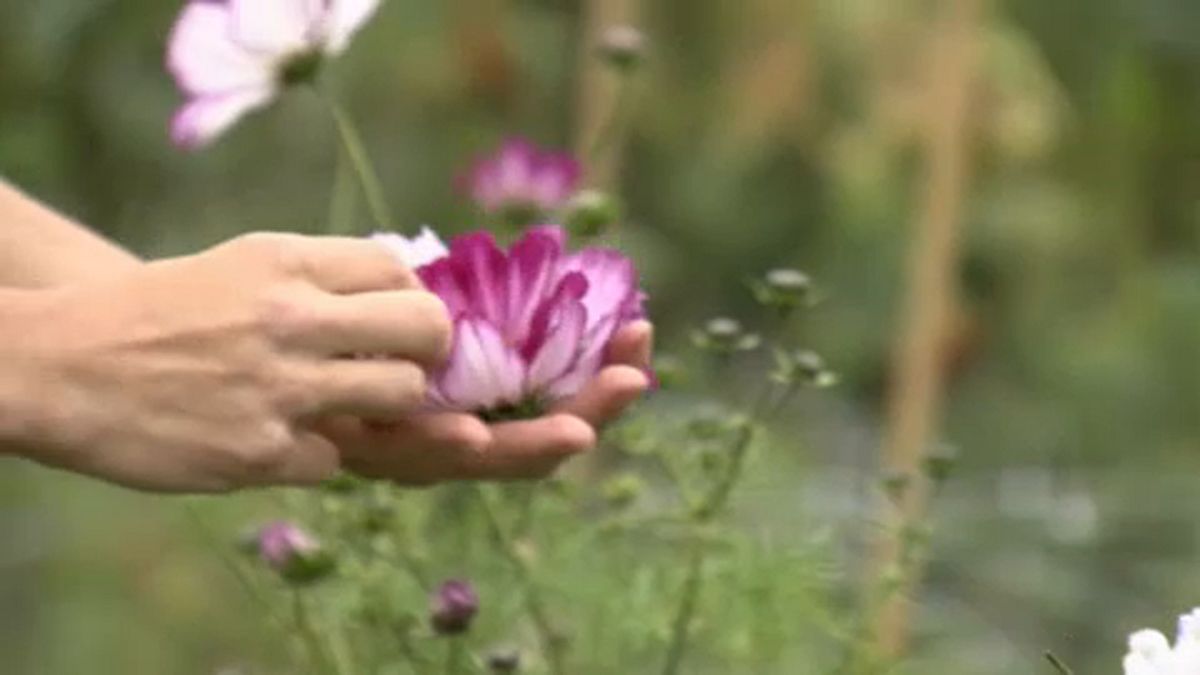Closing the gap between rich and poor- a great aim of regional development funding. One proposal is to improve the food production system. The urban agriculture model is being tested in the suburbs of Brussels with the goal of creating more sustainable food chains in cities.
How can the EU narrow the gap between the rich and the poor while facing challenges such as the climate change and new technologies?
The debate took place in the European Week of Regions and Cities, in Brussels, and one proposal is to improve the food production system.
The urban agriculture model is being tested in the suburbs of Brussels with the goal of creating more sustainable food chains in cities.
This "test-farm" offers plots of land for three years to produce organic food, with vegetables being in great demand, but getting a fair price isn't always easy.
"We sell the vegetables more expensive than the vegetables that are not organic but produced industrially. It is not easy to make a living out of it," Nicolas Camus, vegetables farmer explains.
Many of the participants in the pilot-project Boeren Bruxsel Paysan have another professional backgrounds.
This textile designer has decided to turn her hand to growing flowers.
"We should not buy roses in February. Those roses come from Kenya, where people are exploited; or from other countries. Its s topic not very well known, so we also try to promote the slow flower movement," says Caroline Leconte, flowers and aromatic herbs farmer.
With an investment of almost seven million euros, the pilot-project is 40% co-financed by the European Union's Regional Development Fund.
It has six partners, from the governamental and civil socitey sectors, including a departmenr that helps to find land to buy or rent.
"We need to use the opportunity of the shift from ageing farmers towards youg farmers. This is what Europe should be investing in. I am not saying that we should stop industrial farming, I just think that we have to rebalance the distribution of land towards different kinds of farming, so that we can really achieve (food) resilience in Europe," explains Maarten Roels, Project supervisor, Terre-en-Vue.
Nine thousand participants invited by the European Commission and the Committee of Regions debated for 4 days, with the use of EU Regional funds marking the discussion.
The panel Young Elected Politicians discussed the findings of the Eurobarometer survey about the citizens priorities for the EU investment.
It shows that the social axe of "education, health and social infrastructures" comes on top, with environment at a very second close position.
91% - Education, health or social infrastructures
90% - Environment
69% - Regions with high unemployment
54% - Deprived urban areas
52% - Remote and mountain areas)
A member of the panel gave a suggestion:
"Having an European welfare system is the only strategy to take care of each single citizen all across our Union. The social policies work as a tailor that is stitching the different pieces of the community and is creating a commonn welfare," explains Laura Sparavigna, (PES/IT), 25 years old, city councillor of Florence.
